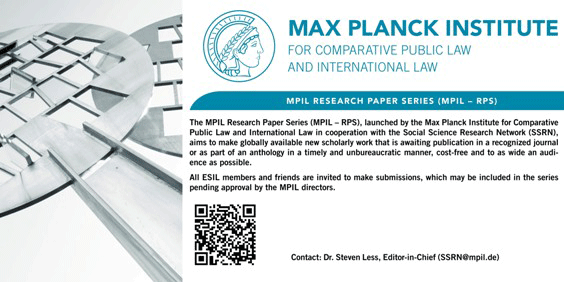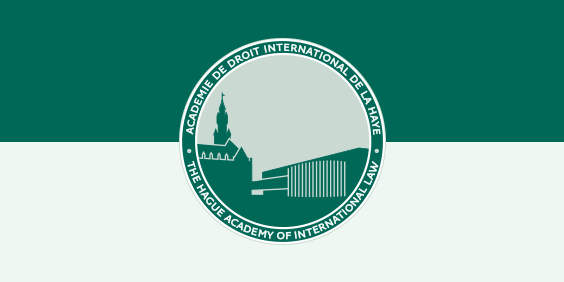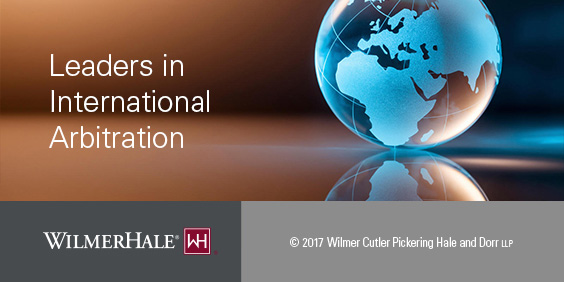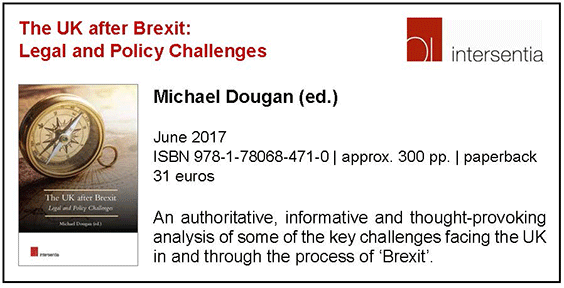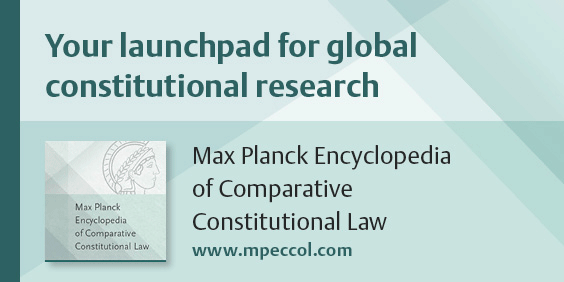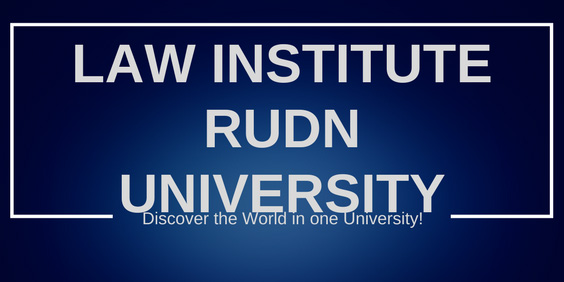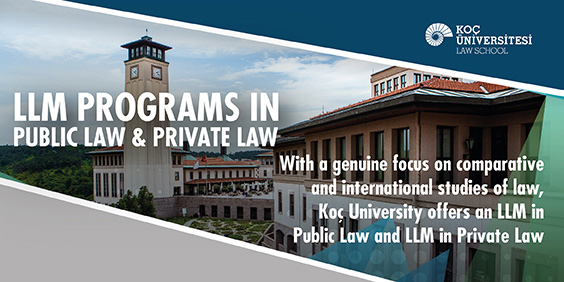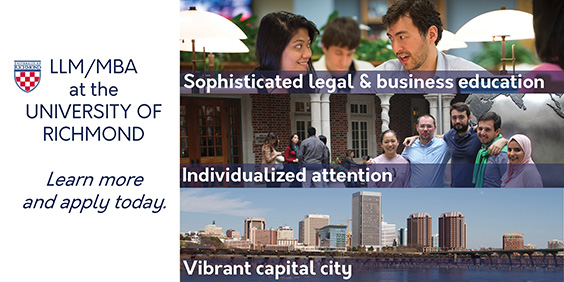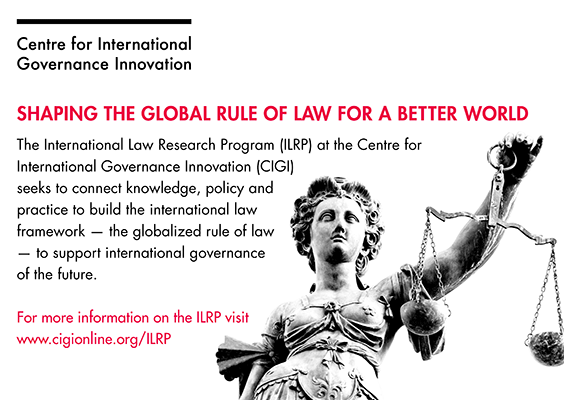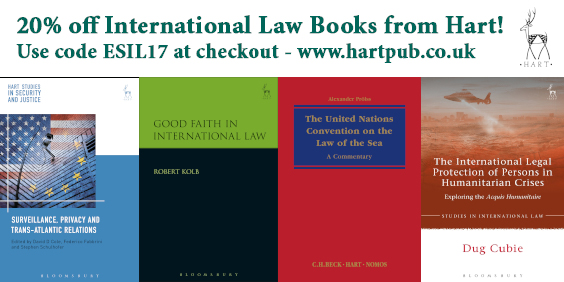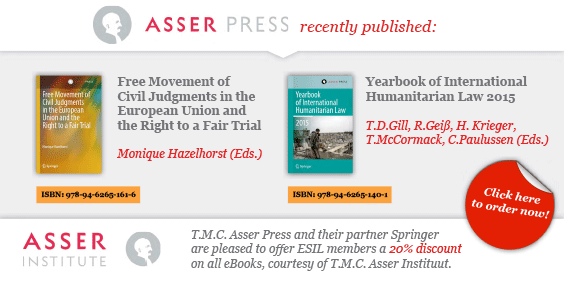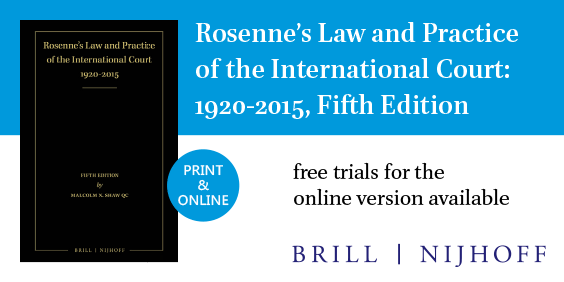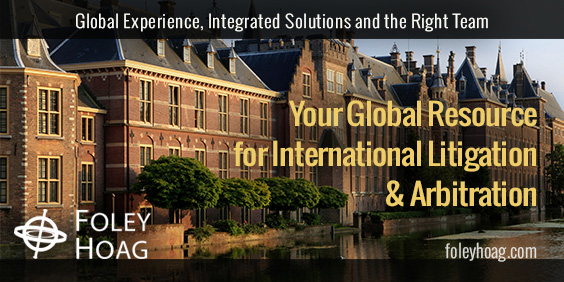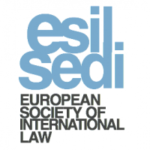ESIL Newsletter June 2017


In this issue
- President’s Message: The State of the Society
- Future ESIL Board composition
- Guest Editorial: Scholarship in International Law: The Challenge of Relevance without Arrogance – Sarah N.W. Nouwen, University of Cambridge
- ESIL Annual Conference 2017, Naples – register now!
- ESIL Research Forum 2018, Jerusalem
- Report: ESIL Research Forum 2017, Granada
- Report: ESIL Prague–Nottingham Symposium
- ESIL Book Series
- ESIL Reflections
- News from Interest Groups

 1. President’s Message: The State of the Society
1. President’s Message: The State of the Society
André Nollkaemper
Dear colleagues,
This is the last ‘President’s Message’ that I will write before handing over the presidency at the upcoming ESIL Annual Conference in Naples, and it provides me with a good opportunity to reflect on the state of the Society.
When the Board elected me as president, I set several objectives for moving the Society forward. These objectives were a sustained growth in membership, a better representation of ESIL in the various regions of Europe, a better connection between the academic and professional activities and the members of the Society, and a further professionalization of the Society and its secretariat.
The last point is perhaps the most important. All the other ambitions of the Society will come to naught if not supported by a professional secretariat with sufficient capacity. Here, we could not have done better. The ESIL secretariat, based at the European University Institute’s Academy of European Law, has been in the excellent hands of Joyce Davies and Valentina Spiga, now joined by Hélène Debuire Franchini. Whereas the optimal size of the secretariat needed to match the scope of the Society’s activities will need to be under continuous scrutiny, it is important to note that the increase in membership has led to a sufficient increase in funds that will enable the Society to secure that match.
The Society has done well in reaching the aim of a sustained growth in membership: the total number of members has been slowly but steadily increasing each year. The Board has discussed ways to further increase membership in lower-income countries and a proposal for reducing membership fees for members from those countries who are unable to pay the full fee will be presented at the General Assembly in Naples.
We have also done well in terms of spreading the Society across Europe. While the Society has sometimes been seen as predominantly North-Western European, this is no longer an accurate reflection of the actual activities of the Society – indeed, in the last few years the Society has become more truly European than ever. In the last year alone, ESIL events have taken place in Istanbul, Prague, Granada, and Kyiv, allowing the Society to engage with new groups of international lawyers. There is certainly more to be done, but we are on the right track. The Naples conference, for which the available 500 places are quickly being filled, will be the next event on the agenda, and a range of activities in many different parts of Europe are in preparation for the years ahead.
In terms of bridging the connections between academia and practice, more work needs to be done, in particular by involving private practitioners more in the work of the Society. Perhaps the Society is too often (rightly or wrongly) seen as more interested in doctrinal and theoretical questions, not offering enough for those (potential) members who seek concrete leads on particular legal questions. At the same time, the ongoing cooperation with international courts (both the European Court of Human Rights and the European Court of Justice) has now provided a firm basis on which the Society can build – to the mutual benefit of the courts and the members of the Society.
On each of the above points, the Society has made good progress. Of course, more can be done but if there is one lesson I have learned during my term as president, it is that the speed of progress in a society like ESIL depends most of all on the ability of its members to find time for ESIL activities alongside all their other professional commitments. From this perspective, it is remarkable that, thanks to continued input from so many of you – in particular, Board members, local organisers of ESIL events, and all the committed Interest Group conveners – the Society is where it is now.
I look forward to seeing you in Naples,
André Nollkaemper
P.A.Nollkaemper@uva.nl

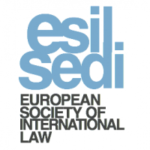 2. Future ESIL Board composition
2. Future ESIL Board composition
The future composition of the ESIL Board was discussed during the Board meeting on 1 April 2017. The mandate of the current President, Andre Nollkaemper, ends in September 2017, and elections for the next President were held. Voting was conducted in the week following the meeting and the Board is pleased to inform members that Luis Hinojosa was elected as President-Elect for the 6-month period until the Annual Conference in Naples this September when he will take over as ESIL President.
The composition of a new ESIL Executive Committee (comprising President, Vice-Presidents, and Secretary-General) for the period September 2017 – September 2019 will be approved by the Board at their meeting in Naples on Wednesday 6 September, and the result will be announced to the membership during the General Assembly on Friday 8 September.

 3. Guest Editorial: Scholarship in International Law: The Challenge of Relevance without Arrogance
3. Guest Editorial: Scholarship in International Law: The Challenge of Relevance without Arrogance
Sarah M.H. Nouwen, University of Cambridge
‘How do you respond to the criticism that your work is not really law?’ a most senior Professor of International Law, well known to this Society, asked as the opening question in my job interview for, indeed, a lectureship in law. On the spur of the moment I retorted: ‘I see it as a compliment.’ That the Committee nonetheless made me an offer is testament to my employer’s, and the specific interviewer’s, intellectual openness. However, my then seemingly self-confident answer belies an on-going process of self-questioning about the issues I am exploring and the approaches I adopt to do so.
As scholars we can consider ourselves rich if we have, and value, the liberty to set our own research agendas. Barring the time taken up with administrative duties or compulsory courses, we are largely free, at least in ideal circumstances, to decide what we spend our days (and nights) researching. Compared with legal practice, where there usually is a boss or client waiting for my work, this freedom also comes with questions about whether I am using my time in a fruitful way. (By fruitful, I do not mean productive: as my PhD supervisor used to tell me, ‘Everybody can produce a zillion words.’) Is my research meaningful? Am I asking relevant questions?
Hence my relief to read André Nollkaemper’s “President’s Message” posing ESIL the same question. Reflecting on the Riga conference on “International Law in Times of Crisis”, he notes that important questions remain unanswered, in particular empirical ones. But the significance of his question “Do we ask the right questions?” goes beyond the need for empirical perspectives. The world is burning with visible and less visible injustice. Yet both ESIL and the field of international law more generally seem to struggle with addressing this directly.
At least three common practices seem to stand in the way of identifying important questions. First, choosing research questions on the basis of “gaps” in the literature. How can a gap in the literature lead to a relevant question if the literature itself is irrelevant? Are we not just filling a wall of irrelevance? A second obstacle is the practice of applying one’s methodology to a new field in order to, indeed, apply the methodology. We keep hammering, irrespective of whether we are aiming at nails or something else. The third problematic practice, the one I have most difficulty of letting go of myself, is that of identifying questions on the basis of one’s disciplinary training: the assumption that, because I have been trained as an international lawyer, I must ask a (doctrinal) question about international law.
These practices may originate in modesty: ‘This is what I have been trained to do and some approaches extend beyond my training.’ I am not advocating for arrogance—indeed, I am allergic to some of its manifestations: empirical research being equated with ‘simply doing some interviews’; arguments based on quantitative methods that disregard the qualitative problems with the assumptions and data; theoretical prescriptions that lack any connection with “reality” (no matter how socially constructed that reality is); or indeed, scholars making assertions about what international law says without studying its doctrine.
Of course, there is no such thing as “the right” question, or for that matter, “the wrong” question. And we could have fierce debates about what “relevant” questions are: relevant for whom? But we seem to skirt that debate. Our judgment is implicit when we just ignore literature and panels on topics we do not find interesting, but we seldom collectively discuss what kinds of new questions we could meaningfully address. Perhaps this is an idea for an opening panel of an ESIL conference: What kinds of questions should we be engaging with?
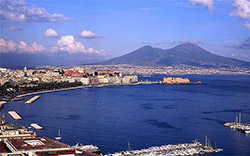
 4. ESIL Annual Conference 2017, Naples – register now!
4. ESIL Annual Conference 2017, Naples – register now!
The local organisers of the 2017 ESIL Annual Conference look forward to welcoming you to Naples in September. The theme of this year’s conference is “Global Public Goods, Global Commons and Fundamental Values: The Responses of International Law” and our aim is to explore the ways in which international law has responded – or can or should respond – to the fundamental challenge of defining and regulating global public goods, global commons and fundamental values.
The programme of the conference is taking shape. The Opening Keynote Lecture will be by Sundhya Pahuja, University of Melbourne, and the Closing Keynote Lecture by Riccardo Pisillo Mazzeschi, University of Siena. The chairs and speakers for the fora are all listed on the conference website.
Please check the programme on the conference website regularly between now and September for any last-minute changes.
Registration is open. We are expecting a ‘full house’ so please don’t leave registration to the last minute.
We could not invite you to Naples without showing you something of our fascinating city and we have chosen special venues for the opening session, the conference, and for the conference dinner: the Royal Palace, Castel dell’Ovo, and San Gennaro’s catacombs. We have also arranged a special evening to enjoy that most famous of Neapolitan foods – pizza – together. The number of places for the social events are limited so, once again, please don’t delay in booking your place.

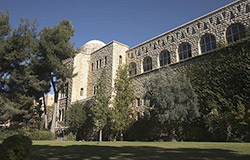 5. ESIL Research Forum 2018, Jerusalem
5. ESIL Research Forum 2018, Jerusalem
At its most recent meeting in Granada on 1 April 2017, the ESIL Board reached a decision to organize the 2018 Research Forum at the Hebrew University in Jerusalem. The proposal for the Research Forum was submitted by Prof. Yuval Shany and Prof. Moshe Hirsch (co-directors of the International Law Forum operating at the Hebrew University).
The Board recognized that holding an event in Israel might raise questions about the appropriateness of having an event in states engaging in violations of fundamental rules of international law. However, after due consideration, it concluded that the location should not be an obstacle to organizing the Research Forum in Jerusalem. In reaching this conclusion, the Board attached weight to the reputation of the local organizers’ work in upholding international law and human rights and to the fact that, given the location of the Hebrew University in an area that was part of Israel before the 1967 Six-Day War, organizing the event would not be seen as an endorsement by ESIL of the policies of the state in which the event is to be held.
The theme of the forum will be “International Law in Times of Disorder and Contestation” and the event will take place on Wednesday 28 February and Thursday 1 March 2018.
The annual ESIL Research Forum is a scholarly conference that promotes engagement with research in progress by members of the Society, and it targets scholars at an early stage of their careers, especially advanced PhD students and post-doctoral researchers. Approximately 25 papers will be selected from among the submissions and, during the forum, paper presenters will receive comments on their papers from members of the ESIL Board and invited experts.
The Programme Committee for the 2018 Research Forum includes the local organisers in Jerusalem and the following Board members: Christina Binder, Pierre d’Argent and Mario Prost. The committee will prepare the call for papers, select the papers to be presented during the event, and arrange the overall programme. ESIL travel grants will be made available for selected speakers, as usual.
The call for papers will be published shortly and the deadline for submissions will be 15 September 2017.

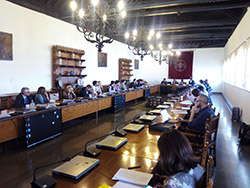 6. Report: ESIL Research Forum 2017, Granada
6. Report: ESIL Research Forum 2017, Granada
The 2017 ESIL Research Forum took place on 30-31 March in the 500-year-old University of Granada, the capital of the last Muslim kingdom in Western Europe. The Forum dealt with “The Neutrality of International Law: Myth or Reality” and it brought together scholarly work that analyzed whether international law is, or should be, neutral towards the internal political, economic and social options available to States or whether it molds internal systems in a defined direction.
Twenty-four speakers were selected by a scientific committee from among the 175 applicants who responded to the call for papers. Together, with the 17 chairs and commentators, they added up to a total of 41 speakers during the two days of the event for an audience of 90 registered participants. The Research Forum also invited the Society’s interest groups to hold workshops and the History of International Law Interest Group took up this opportunity. The Research Forum was organized by the Department of Public International Law of Granada University and the Research Group DER 2014-57213-R, and the head of the organizing committee was Luis Hinojosa.
Although it is impossible to sum up the variety of the ideas expressed, the different papers showed that, though there are elements and safeguards of neutrality in the international legal order, this presumed neutrality is time-consuming, difficult to achieve, and in some cases inconvenient. We can say that the Forum helped to remove the veil that covers the myth of international law’s neutrality.

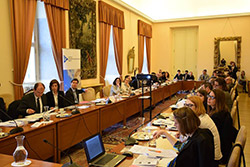 7. Report: ESIL Prague–Nottingham Symposium
7. Report: ESIL Prague–Nottingham Symposium
On 5 May 2017, the first one-day event of the ESIL Prague–Nottingham Symposium on “Non-UN Sanctions and International Law” took place in Prague. The symposium was co-organized by the Centre for International Law of the Institute of International Relations in Prague and the Nottingham International Law and Security Centre of the University of Nottingham. The second one-day event of the symposium will take place on 10 November 2017 in Nottingham. The Prague event was kindly hosted by the Ministry of Foreign Affairs of the Czech Republic in the splendid venue of the baroque Czernin Palace in the vicinity of the Prague Castle.
The general idea behind the two-part symposium is to consider various aspects of non-UN sanctions, i.e. unilateral sanctions adopted by individual States, groups of States, regional organizations or other actors. Although much has been written about sanctions over the past years, the focus typically lies on UN sanctions, i.e. coercive measures not involving the use of force adopted by virtue of Article 41 of the UN Charter. Yet, international practice reveals that sanctions are also, with increasing frequency, adopted outside the UN framework. The legality and legitimacy of these sanctions, as well as their efficiency, remain uncertain and, to a large extent, unexplored. The symposium seeks to contribute to a better understanding of how non-UN sanctions operate and what their legal status is.
The Prague event concentrated on the legality and legitimacy of non-UN sanctions. The programme was composed of four panels, which dealt with the legality of non-UN sanctions, conditions of their lawful exercise, selected case studies (mainly those of sanctions against the Russian Federation), and the relationship between non-UN sanctions and some traditional institutions of international law (immunities, etc.). Leading scholars on sanctions as well as PhD students writing their dissertation about the topic presented their papers there. The quality of the abstract proposals and fair gender and geographic representation had been the criteria used in the selection of papers. The selection turned out to be successful, as all the presentations were interesting and they gave rise to lively discussions. The panels were chaired by the members of the ESIL Board and representatives of the organizing institutions (Anne Van Aaken, Veronika Bílková, Mary Footer and Nigel White).
More information on the programme of the Prague event is available in the symposium booklet. A publication on non-UN sanctions is envisaged but a final decision on its type and content will only be taken after the Nottingham event.
8. ESIL Book Series
We are pleased to announce the introduction of the ESIL Book Series, a new venture which aims to publish high-quality volumes on the themes of ESIL Annual Conferences and ESIL joint events. The volumes will include chapters that are based on selected papers presented at ESIL events.
The Series editors are Anne van Aaken, Eyal Benvenisti and Carlos Esposito. We have gathered a high level editorial board, consisting of Philip Alston, Andrea Bianchi, Armin von Bogdandy, Laurence Boisson de Chazournes, Jutta Brunnée, Mónica García-Salmones, Christine Gray, Sarah Nouwen, Georg Nolte, Nilufer Oral, and Michael Waibel.
Volumes in the Series will be subject to a double-blind review process.
The ESIL Book Series replaces the Select Proceedings of the European Society of International Law. The last volume of the Proceedings was published in November 2016 and included contributions from the 10th Anniversary Conference in Vienna in September 2014.
The first book in the Series will be ‘The Judicialization of International Law – A Mixed Blessing?’, which includes chapters based on contributions at the ESIL Annual Conference in Oslo in 2015. The volume editors are Geir Ulfstein and Andreas Føllesdal. The ESIL Book Series will be published by Oxford University Press. For further information, please contact Anne van Aaken.
9. ESIL Reflections
ESIL Reflections offer up-to-date reflections on current issues in international law. The Reflections are now in their fourth year, covering a wide range of topics relating to current developments in international law and practice as well as theoretical reflections in a way that is relatively accessible to non-experts. The aim is to foster discussion between ESIL members and international law scholars and practitioners more generally – in Europe, but also beyond. ESIL Reflections are published monthly on this website and distributed freely to ESIL members.
The editors are Samantha Besson, Jean d’Aspremont (editor-in-chief), Jan Klabbers and Christian Tams. ESIL Members who have an interest in contributing are encouraged to do so. Please contact Jean d’Aspremont if you would like to contribute.
Latest publications:
- Cyber Insecurity and the Politics of International Law by Barrie Sander
- Much Ado About Nothing’? An Appraisal of CETA’s Investment Chapter by Yannick Radi
- Professor Baxter’s Legacy: Still Paradoxical? By Hugh Thirlway
10. News from Interest Groups
ESIL Interest Groups are a vital part of the Society’s success and activities. A list of the groups is available on the ESIL website. Reports of recent activities and upcoming events are available in the full text of the Newsletter.
ESIL IG on International Legal Theory and Philosophy
On 6 September 2017, on the occasion of the 13th ESIL Annual Conference in Naples, the IG on International Legal Theory and philosophy will hold a workshop. This workshop entitled “Democracy and Participation versus Global Public Goods and Commons” is jointly organised by Ekaterina Yahyaoui and Claudio Corradetti. The speakers selected for the workshop – Eva Kassoti, Samuel Cogolati and Aravind Ganesh – will each, from different but complementary perspectives, address the democratic and participatory gap in global public goods and global commons as they emerge within international law and global governance.
ESIL IG on International Environmental Law
The IG on International Environmental Law is co-organizing an international conference on “Consumer Policy in a Comparative Perspective: New Challenges in Chinese, European, and International Law”, which will be held on 29-30 June 2017 at the Faculty of Law of the University of Macau (Macau, China). This conference is jointly organized together with the American Society of International Law Intellectual Property Law Interest Group, the Faculty of Law of the University of Macau and gLAWcal – Global Law Initiatives for Sustainable Development (UK).
The IG on International Environmental Law is organizing a full-day pre-conference event on “Water-Energy-Food Nexus and Environmental Sustainability: Choices, Compromises and Priorities” to be held on 6 September 2017 on the occasion of the 13th ESIL Annual Conference in Naples.
ESIL IG on the History of International Law
The IG on the History of International Law announces a symposium in the context of the 13th ESIL Annual Conference in Naples, entitled “Evaluating the Turn to History in International Law”. The symposium programme is online.
Interest Group on International Health Law
The IG on International Health Law held a successful kick-off meeting at the University of Salerno on 12 December 2016 and the number of IG members has since then fast and steadily increased.
Future events organised by the IGIHL include a pre-conference meeting to the 13th ESIL Annual Conference in Naples on “Health as a Global Public Good in International Law”, which will take place on 6 September 2017 at the University of Naples “Federico II”, and the Jean Monnet Summer School on Health and the Environment (co-sponsored with the Jean Monnet Chair in European Health, Environmental and Food Safety Law), which will take place at the University of Salerno from 3-7 July 2017. Programmes and registration forms for both events are available at the IGIHL’s website, together with updated news on the IG’s activities, call for papers, events and publications.
The Coordinating Committee can now be contacted at the e-mail address: esil.igihl@gmail.com.
ESIL IG on International Courts and Tribunals
Seminar on International Trade: King’s College London, in cooperation with the ESIL Interest Groups on International Courts and Tribunals and International Economic Law as well as SIEL, hosted a seminar on “Dispute Settlement in Free Trade Agreements” on 26-27 May 2017. The conference addressed cutting-edge issues relevant to academics and practitioners alike, exploring and critiquing current models of dispute resolution in international trade law. The programme is online.
IG meeting in Naples: An administrative meeting of the IG will take place in the afternoon of 6 September 2017 at the University of Naples – Federico II. The exact venue will be announced in the ESIL conference programme. The meeting will also provide the opportunity for an informal exchange of views on IG members’ ongoing research projects.
ESIL IG on International Business and Human Rights
The Coordinating Committee is organizing a discussion panel on “Public Values and Public Goods: How do They Live in the Intersection of Finance and Human Rights?”, that will take place before the 13th ESIL Annual Conference in Naples on 6 September 2017 at 3 pm. Academics and practitioners will examine the relation between international financial institutions and human rights with a view to address current challenges and the way forward.
A draft programme of the panel has been posted on the IG website. The last 30 minutes of the meeting will be devoted to a business meeting for the IG members.
The members of the Coordinating Committee may be reached at esil.bhr@gmail.com. We look forward to meeting you in Naples and we invite all the IG members to periodically check the IG website for more information on events and publications on Business and Human Rights.
